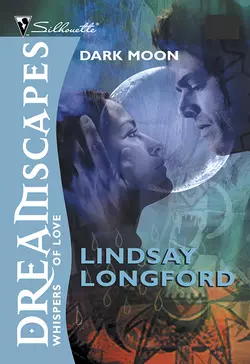Dark Moon

Lindsay Longford
Тип: электронная книга
Жанр: Современная зарубежная литература
Язык: на английском языке
Стоимость: 465.10 ₽
Статус: В продаже
Издательство: HarperCollins
Дата публикации: 16.04.2024
Отзывы: Пока нет Добавить отзыв
О книге: Two against the worldHoping to shake the evil that had been haunting him, Ryder Hayes escaped to the town he′d once called home…only to find that the terror had followed him. His only hope was Josie Birdsong Conrad. This beautiful woman unknowingly held the psychic power he needed to defeat the madness he had accidentally unleashed upon the world.But Josie was fighting demons of her own. Her beloved only child had disappeared–abducted without a clue. She could sense the danger that surrounded Ryder…inexplicably attracting her, and confusing her. Was he the man who could help save her child? Or was Ryder the ultimate danger in disguise?